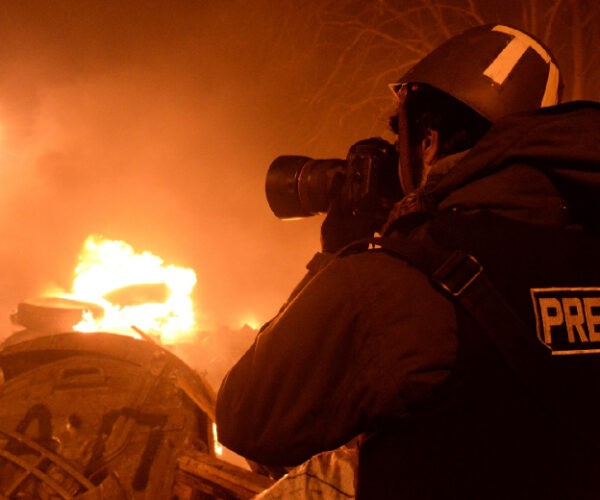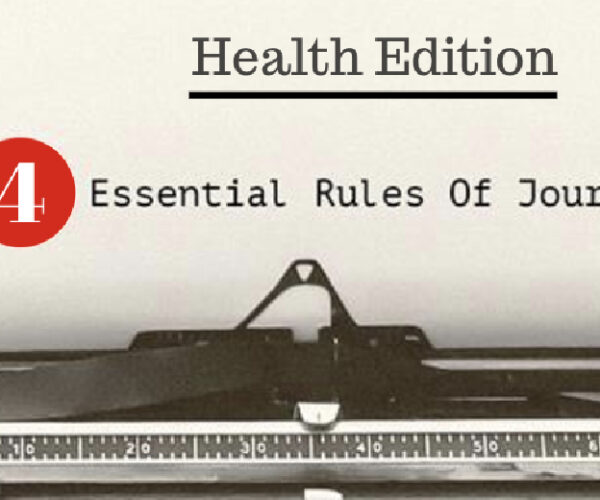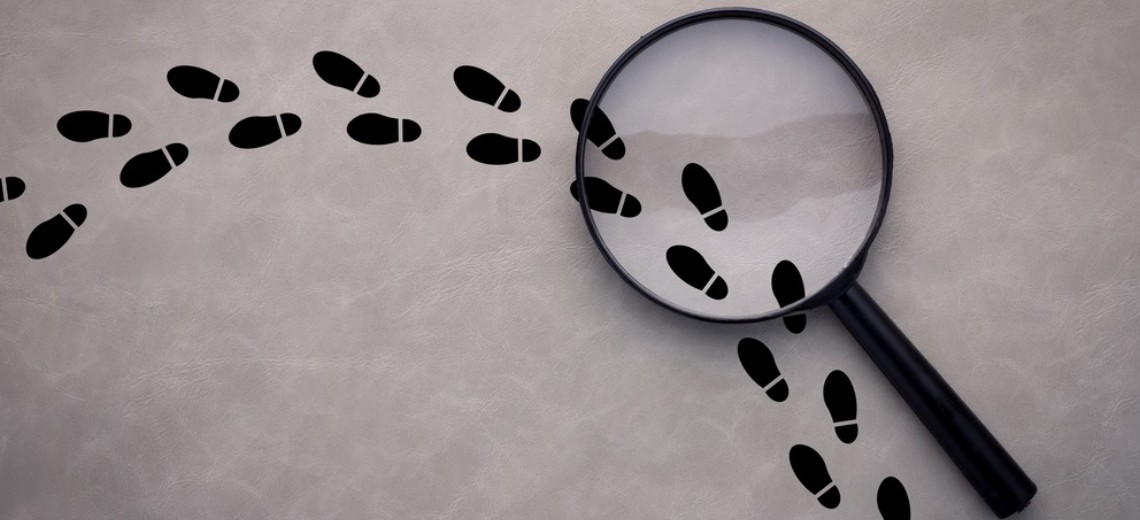Defining Investigative Journalism
Are you so curious to know what happened at the spot where the incident occurred? Why did that happen? How did that happen? When the answers are revealed, you will be so surprised to know how scary the reason behind it. Investigative Journalists are the main force behind revealing it, and they make it visible to all.
Investigative Journalism brings to you something you may not be able to believe in the first instance. The Washington Post, The New York Times, and The Wall Street Journal are some of the news organizations that have Investigative Journalism as their primary focus of work. The Boston Globe has named its investigative unit is known as the Spotlight team. With their sharp wits, Investigative Journalists are quite different from the other stream of journalists who work on writing reviews or writing opinion columns. Keeping away their personal opinions and perceptions, investigative journalists approach things without bias to bring out the truth.
Find Out More About : Role Of Investigative Journalism
Features of Investigative Journalism
Investigative Journalism involves hard work right from the beginning until the end when the truth is revealed. Challenges and risks come in their way not only during the investigation phase but also after solid facts are available to the public. When investigative journalists have to interview sensitive or unknown sources, they have to take extra precaution to be safe and maintain shrewdness not only for their lives but also the sources whom they interview and follow crucial information. Corporate whistleblowers, national security staff, government officials, and members of any political parties are a few examples of sensitive sources.
Following Ethics In Investigative Journalism
While handling sensitive sources in Investigative Journalism, reporting guidelines help investigative journalists not to deviate from ethics. Journalistic ethics include independence, fairness, honesty, public accountability, proper attribution, and minimum harm. Every news organization has its written code of ethics to follow. In Investigative Journalism, investigative reporters collect, verify, and assess information for months or years with a focus on a single idea or a topic. It can be anything related to crime or scandal or corruption or anything unethical that happens for a wrong reason knowingly or unknowingly. Investigative journalism is not like gathering news every day. At the end of the investigation, it will reveal intense controversies, unbelievable misdealing and massive cover-ups. Finally, the investigative reports are published in the newspaper or magazine as one or more series of feature stories.






